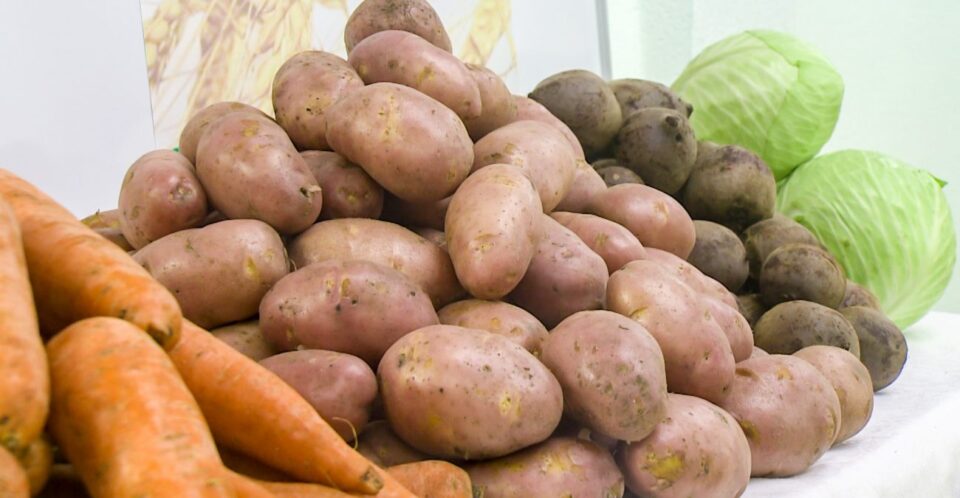Trading company managers stated, “we entered the new year with warehouses filled with unsold vegetables.” This situation has developed among small and medium scale wholesalers, who in the pre-holiday period could not withstand competition with large supplying companies of supermarket chains. At the same time, it should be noted that to date small- and medium-sized traders and wholesalers purchased about 90% of the range of vegetables from local farmers. In a sluggish market, small traders supplying urban wholesale markets and small convenience store chains are forced to cut prices. According to observations by horticulture market operators, prices this winter have reached their lowest level in the last 3-4 years.
This drop is partly due to the relatively high harvest last year. According to statistics for 2020 in Moldova, agricultural areas under open field vegetables increased significantly up to 39,600 hectares (+8.2%) and potatoes up to 23,000 hectares (+27.3%). At the same time, 82% of all vegetable crops were planted in small farms. For them, the main distribution channel is small traders-buyers who supply the domestic market.
Read also: Moldovan traders expect increase in apple exports to Russia from the second half of January
In addition, 2020 was also a year of high activity for fresh fruit and vegetable imports. The situation was aggravated by the fact that last year some large retail chains abandoned purchasing local products from small traders and built their own import chains for basic assortment vegetables. Meanwhile, according to expert estimates, at least 60-65% of fresh goods sales today are provided by large supermarket chains.
The overall picture was also reflected in the fact that due to the pandemic, the volume of public procurement for the social sector – educational and medical institutions – has significantly decreased. This segment has always focused on locally produced vegetables and fruits.
As a result, even at the beginning of winter, wholesalers faced the problem of overstocked warehouses with perishable goods and were forced to periodically adjust price tags mainly downward. At the beginning of this week in the wholesale markets of Chisinau, the average price for white cabbage was set at a level not higher than 1.5 lei/kg ($0.09/kg), for carrots 2.6 lei/kg ($0.15/kg), onions 2.5 lei/kg ($0.15/kg), and for potatoes 3.0 lei/kg ($0.17/kg). For most of the items, the prices for borsch set vegetables are almost two times lower than in the same period a year earlier.
According to wholesalers, the downward trend in prices may persist to February until the depletion of local stocks or disruptions in vegetable imports.
The use of the site materials is free if there is a direct and open for search engines hyperlink to a specific publication of the East-Fruit.com website.




